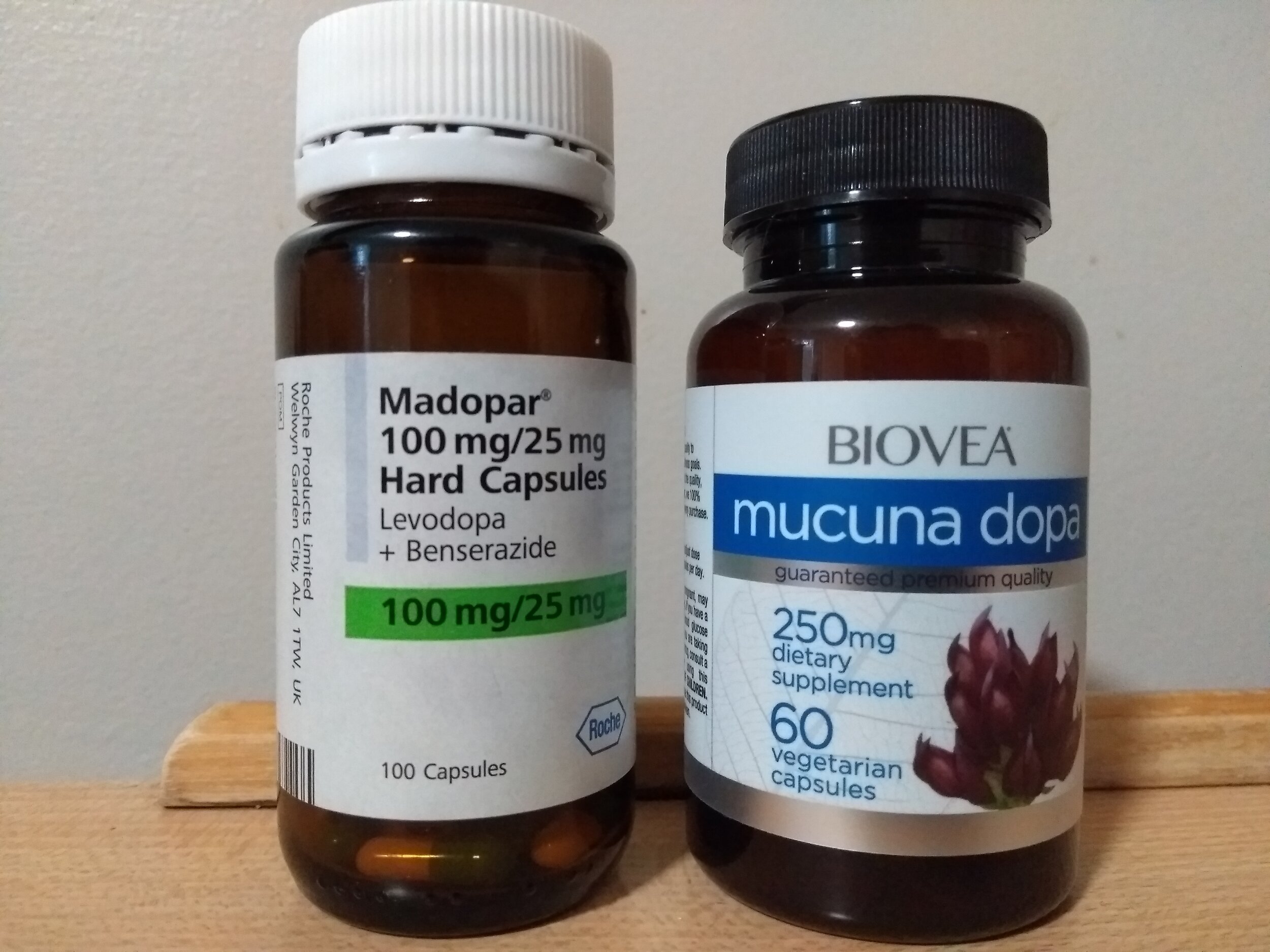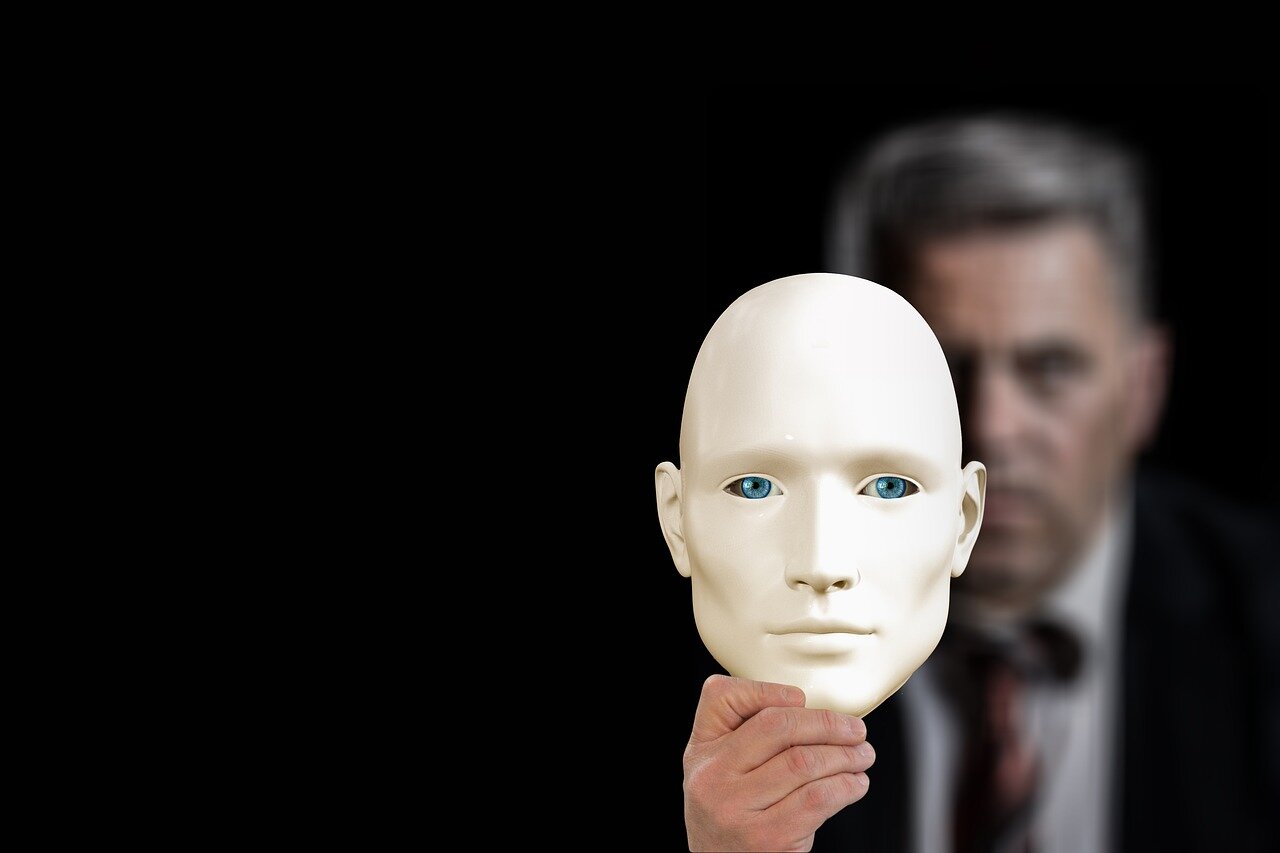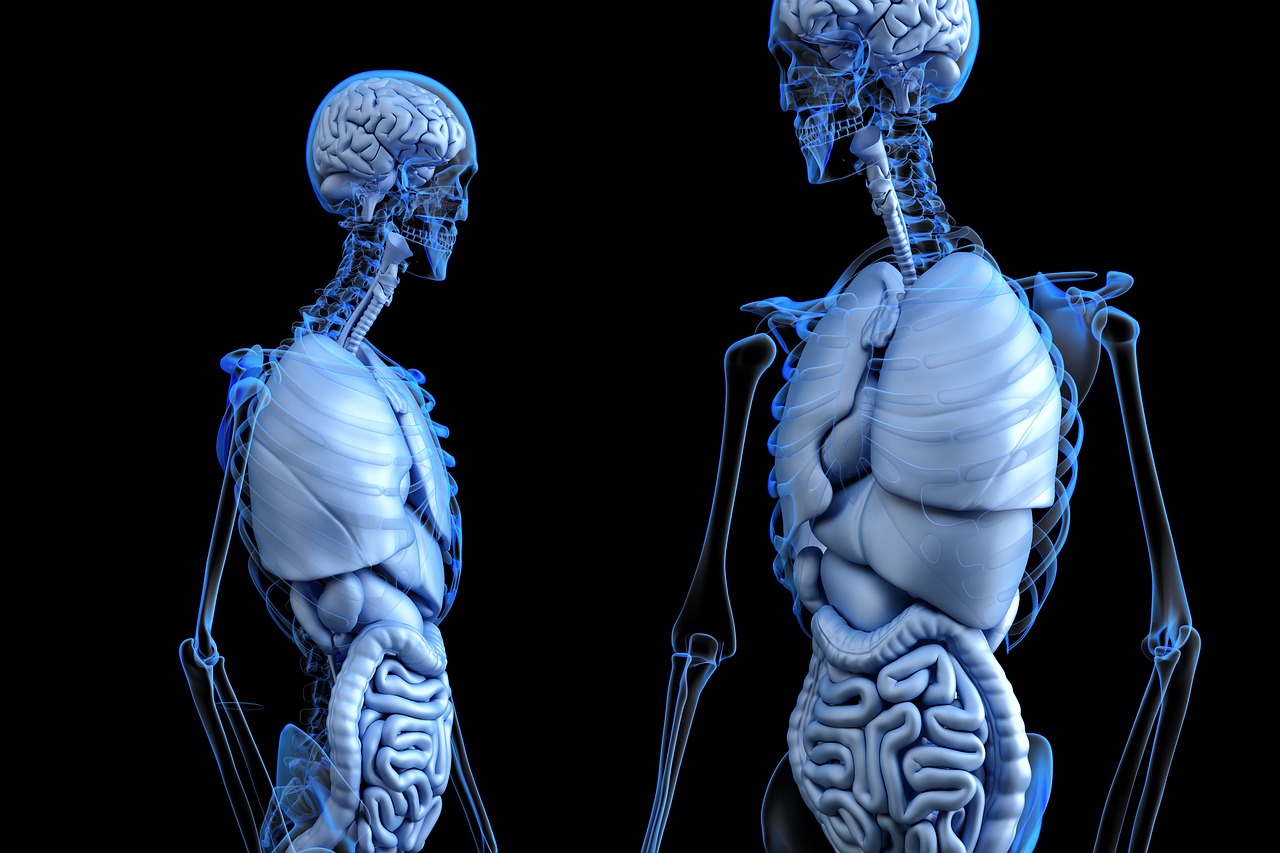Now for the very good news. Since we now understand that PD is principally a problem with the Nervous System, it is entirely possible that we can pro-actively prevent further degeneration, and even regain what we've already lost, because Vagal Tone can always be improved, neurons regenerated, neural pathways re-written, and senses retrained
Read MoreFright and Parkinson's Disease
In recently re-reading this excellent article, it struck me that, as part of their own literature review, the authors describe what it is like on the inside to be in the fright response, and hence according to my thesis, what is like to be symptomatic with PD.
Read MoreTremors and Parkinson's Disease
Fortunately, from the perspective that tremors are a manifestation of a stuck stress response, this type of symptom can be progressively alleviated through stress reduction techniques and therapy, by learning how to calm the nervous system, and by spending more time in totally relaxed states. Indeed, this is demonstrated in videos of people’s tremors disappearing when they are put into a trance state by a hypnotherapist, as in the video below, or by common anecdotal reports that when meditating, the tremors are not present.
Read MoreFeeling Trapped and Parkinson's Disease
As a first step, we perhaps need to identify the places where we are stuck in our lives, those stressors which come with a sense of being trapped, the stressful things we can’t fight or flee from, and try to address these. This is because the tonic immobilization framework of PD predicts that it will be very hard to reduce symptoms in circumstances that our nervous system is constantly feeling trapped by a proximate threat. Examples include being in a toxic relationship, living in a house with neurotoxic mould infestations, workplace exposure a chemical agent, enduring a long and stressful daily commute to work.
Read MoreDopamine and Parkinson's Disease
The Huberman Lab podcast is a lecture series by Prof. Andrew Huberman, professor of neurobiology and ophthalmology at Stanford School of Medicine, on practical and free tools for optimizing health based on the very latest neuroscience and human biology research. This podcast contains vital, actionable, and need-to-know information for people with Parkinson’s Disease, in particular of the latest pragmatic research into dopamine biochemistry. Dopamine is the major neuromodulator which is most problematic in PD, and the target for the mainstay medical interventions. So here I’ve extracted from the podcast episodes the timestamps of everything Prof. Huberman has to teach us on the subject of how to optimize our dopamine biochemistry. The format is the episode title, in order of release, followed by the corresponding timestamp links and descriptions whenever dopamine is referred to.
Read MoreFeeling Safe and Parkinson's Disease
This article seeks to convey pragmatic and applicable knowledge of the human nervous system to people affected by Parkinson’s Disease and those involved in providing healthcare and caregiving, as well as to try to summarize for myself my own current understandings of these concepts. In particular, we explore the role of people, attitudes and relationships in the lived experience of people with PD.
Read MoreThe Divided Brain and Parkinson's Disease, Part 2
In this sequel, we examine more closely the issues that an imbalanced brain function causes, in particular when the left brain is overly dominant, and show that there are strong correlations with the major motor and non-motor symptoms and real lives of people with Parkinson’s Disease. We will also explore links to Dorsal Vagus Nerve mediated immobilization.
Read MoreThe Dorsal Vagus Nerve and Parkinson's Disease
In this article, I would like to return to this topic, and concentrate this time on that primitive, reptilian branch of the Vagus Nerve, and its potentially central role in Parkinson's Disease.
Read MoreDiminished Aliveness and Parkinson's Disease
Perhaps it would be instructive at this point, therefore to describe more about what its like when I am very symptomatic, to help understanding of why I believe this disease truly corresponds to Death Feigning, and why the converse - increase Aliveness - is the key route to healing. In Death Feigning, not only movement is switched off, but as are all signals through which the keen sense of predators might detect some vestigial signs of life. To me, this describes exactly how it is when I am symptomatic - if I don't implement strategies to combat this state and just allow it to take over - and the more symptomatic I am, the more pronounced these experiences:
Read MoreDevelopmental and Shock Trauma and Parkinson's Disease
As for many people with young onset forms of Parkinson's Disease, my diagnosis was given the label "Idiopathic". This term, Idiopathic, is used to denote any disease or condition which arises spontaneously or for which the cause is unknown. This diagnosis was wholly unsatisfactory to me, as I'm a person who needs to know the "why" of things.
Read MoreNeural Exercises and Parkinson's Disease
This article explores how I've found that persistent and targeted "neural exercises" can progressively reduce various symptoms/problems of Parkinson's Disease, through neuroplastic processes. In particular, here I will demonstrate specific neural exercises, and how I have significantly improved my own quality of life through pursuing these persistently over time, via entries from my video diary which are interspersed through the article.
Read MoreLoneliness, Social Isolation, Estrangement and Parkinson's Disease
"The single biggest predictor of rate of Parkinson's progression is if you answer true to 'are you lonely'?" This finding by Dr Laurie Mischley, who monitors the progress of symptoms of more than 1500 people with Parkinson's Disease is perhaps one the most tragic aspects of the disease in our modern society, in which we people with PD may find ourselves heading toward this outcome by default. Indeed, I have lost count of the number of people with PD who have said something to me along the lines of "my friends and family have abandoned me/don't visit/lost touch". The negative feedback loops between loneliness and disease progression can be one of the most vicious circles of PD. I speak from personal experience also, because at my lowest point, I too had become very isolated, virtually alone in the house and barely going out.
Read MoreHands, Fingers and Parkinson's Disease
I have done a lot of hand/finger stimulation and experimented to optimize such exercises, in the spirit of Curiosity and Play. I've personally found significant benefit in pursuing this line of research. Indeed, I have managed to recover a lot of my independence and quality of life through hand and finger therapy, and I know just how much of a major part it has played in my own progressive symptom reduction.
Read MoreSocial Engagement and Parkinson's Disease
Recently, I described how the "Polyvagal Theory" of Dr Stephen Porges not only provides an elegant explanation for Parkinson's Disease and all its symptoms, but also suggests the actions we can take towards healing. Here, we return to this Nervous System (NS) dysfunction perspective of PD, and explore further how it informs us about what we can do to progressively decrease our symptoms.
Read MoreWalking, Cycling and Dancing: Ankle Mobilization in Parkinson's Disease
In this article, we explore, with the assistance of my friend and mentor, Cheryl Townsley, Health & Wisdom Coach, how the concepts of stress interruption and nervous system resetting help us understand why walking, cycling and dancing - exercises that inherently involve mobilization of the ankle joints - are so beneficial for People with Parkinson's Disease (PwPs), and why we need to keep practicing these regularly.
Read MoreThe Vital Need to Encourage Relaxation in People with Parkinson's Disease
My background is law – patent law – not science, but with engineer Steve Walpole I have spent a great deal of time studying the brain and developing new technology which can measure and influence the brain, andm as part of this, I have been observing people with Parkinson’s.
Read More














